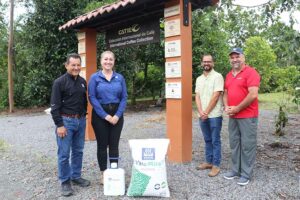European Union and CATIE support processes to improve child health in Guatemala
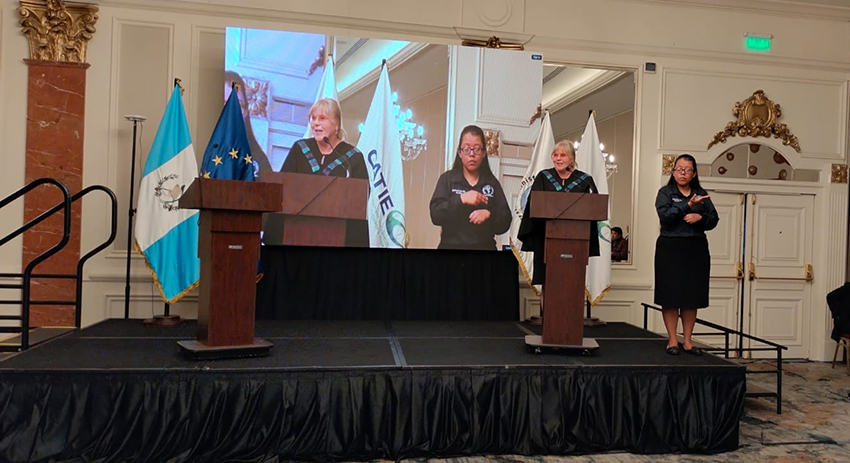
- The National Nutrition Information Platform (PiNN) strengthens capacities in analysis, interpretation, and use of health service data in Guatemala.
The Ministry of Public Health and Social Assistance (MSPAS) of Guatemala, with the support of CATIE (Tropical Agricultural Research and Higher Education Center) and funding from the European Union, presented the Nutrition Situation Room.
This innovative technological tool will improve epidemiological and nutritional surveillance of Guatemalan children, allowing for more informed and efficient decision-making.
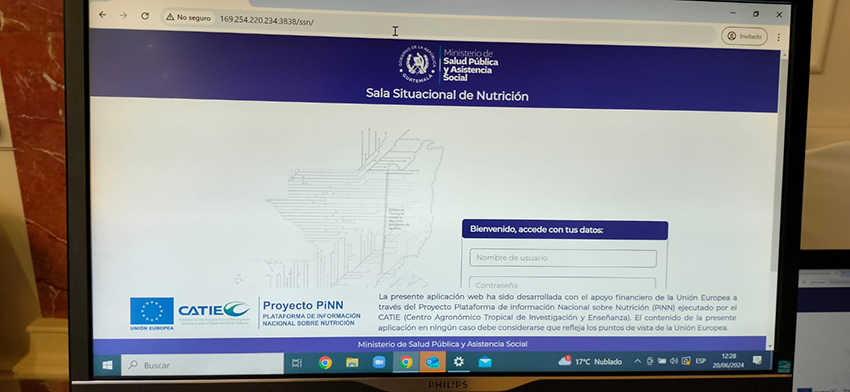
The design and development of the Nutrition Situation Room resulted from a coordinated effort between the National Nutrition Information Platform (PiNN) project and the Ministry of Public Health and Social Assistance (MSPAS), through the Food and Nutrition Security Program (PROSAN), the Directorate of Risk Management and Epidemiology, the Directorate of Information Technology (DTI), and the Totonicapán Departmental Directorate of Integrated Health Services Networks (DDRISS).
At a recent event, Kimberly Corado, coordinator of PROSAN, presented the Nutrition Situation Room to the Vice President of the Republic, Karin Herrera, and other high-ranking MSPAS authorities, including the Minister of Health, Sandra Angelina Aparicio Sincal, and the Vice Minister of Primary Health Care, Donato Camey.
Also present were Noora Häyrinen, Chargé d'affaires ad interim (a.i.) of the European Union Delegation in Guatemala, and technical teams from MSPAS.
Kimberly Corado explained that the Nutrition Situation Room is a set of technological tools designed to integrate, organize, and process key information about the population's health.
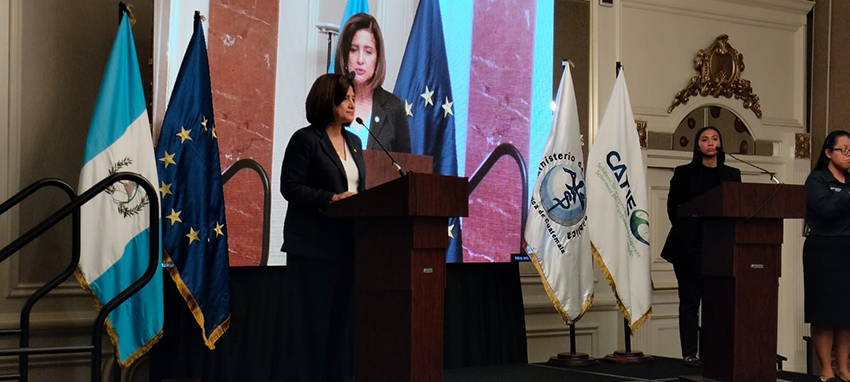
This platform allows for detailed analysis and facilitates decision-making regarding Ministry of Health interventions.
Corado emphasized the importance of institutionalizing these processes and effective cooperation between public entities and international organizations.
According to Eduardo Say, coordinator of the PiNN project, executed by CATIE and funded by the European Union, implementing this tool will significantly impact the fight against malnutrition in Guatemala.
Gabriela Ogaldes, a nutrition specialist at PiNN, added that the tool will drastically reduce the time and resources needed to process nutritional reports, from 20 hours to just three hours per month. This saving will allow nutritionists to attend to more people and improve service delivery.
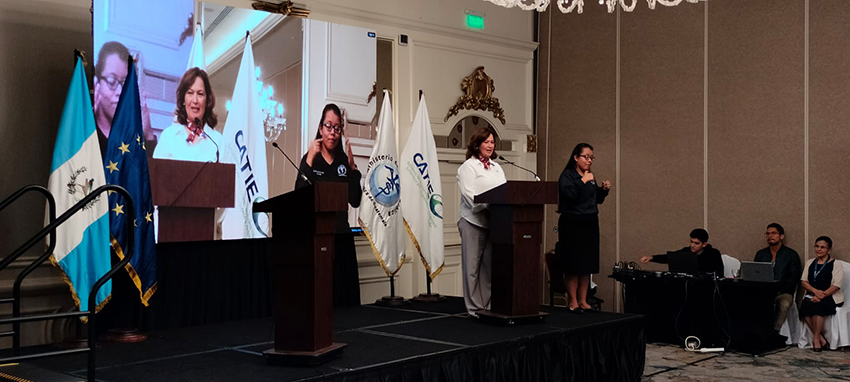
Vice President Karin Herrera praised the efforts of MSPAS and the support of CATIE and the European Union, stressing that this tool will strengthen evidence-based decision-making and improve data interoperability. This will ensure that aid reaches the most vulnerable and underserved populations, contributing to national development by improving child health.
Sandra Aparicio, Minister of Health, stated that the Nutrition Situation Room would provide accurate records to facilitate resource management and decision-making among the different executing units of the nutrition program.
Donato Camey, Vice Minister of Primary Health Care, thanked the MSPAS technicians and European cooperation, highlighting the strengthening of local management and coordination through this tool.
Noora Häyrinen concluded the event by highlighting the need for comprehensive approaches that use technology to improve nutritional health services. She hopes that this tool and the acquired knowledge will translate into plans and policies that show significant progress in the fight against malnutrition in Guatemala.
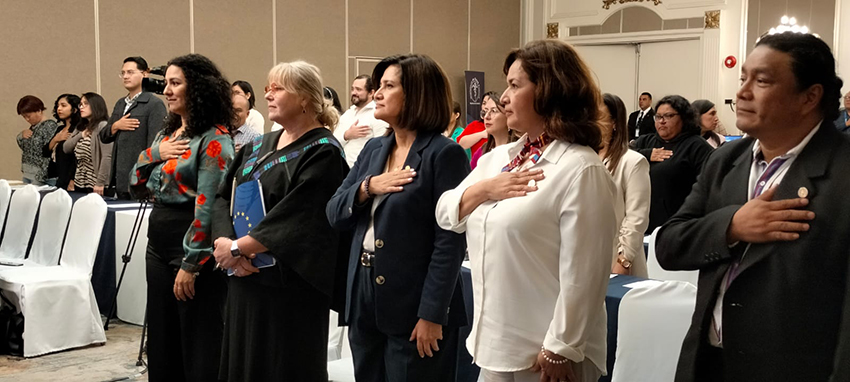
Written by:
Ninoshka Lou
Communicator
PiNN Project
CATIE
Ninoshka.lou@catie.ac.cr

